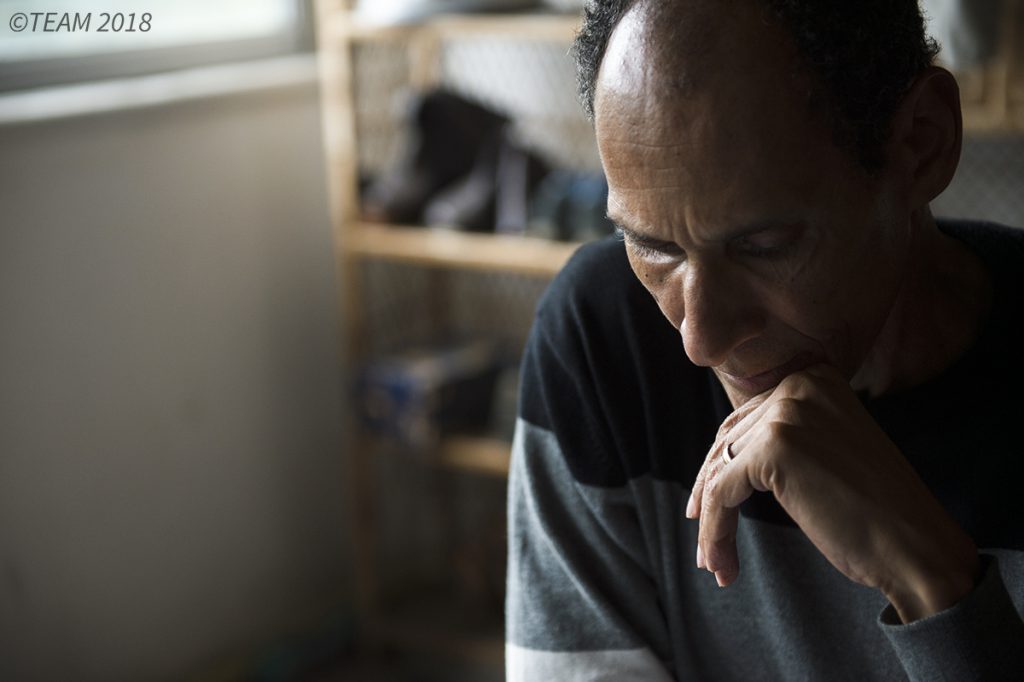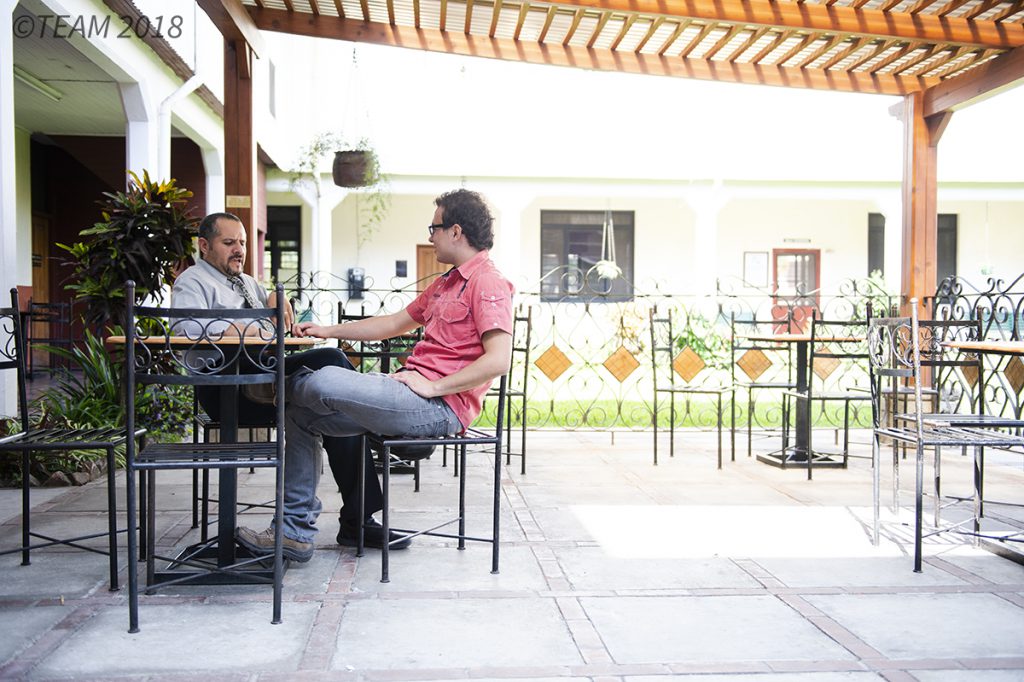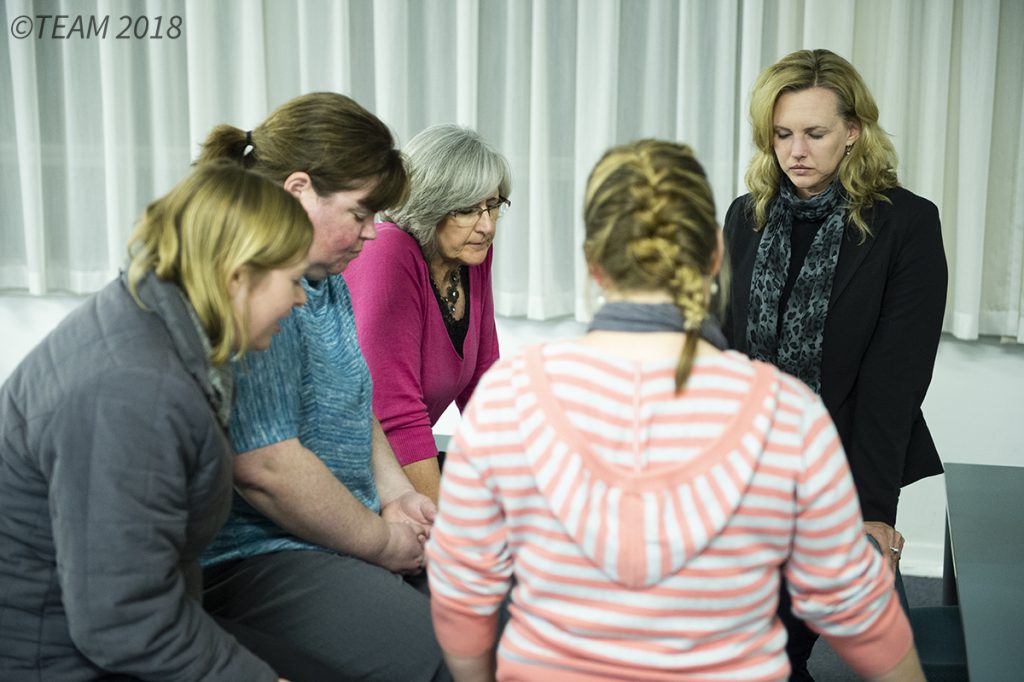
Missionary Life
How to Find a Job After the Mission Field
May 24, 2019
by admin

When Peter returned from the mission field with his family, he wasn’t worried about his job hunt. He’d studied aviation and spent years as an aviation missionary in Papua New Guinea. He was sure to land something.
But when Peter started his job hunt, no one wanted him.
Nonprofits didn’t call Him back. Big airport jobs were snapped up by returning military personnel. And regional airports paid too little to support a family.
As Peter faced rejection after rejection, he began to wonder, “God, are you done with me? Did we make a mistake leaving?”
Peter’s situation isn’t uncommon.
When it comes to missions, most of us think about getting to the field and thriving there. In the midst of all that excitement, it can be hard to plan for after the mission field.
But even the most committed missionary can be brought home suddenly by health issues, lack of funding or a rejected visa. And for many, long-term missions is becoming less of a lifetime commitment, and more a season of life.
That’s why it’s vital that every missionary know these six keys to finding a job after the mission field.

Make sure to keep your resume up to date. This includes adding all of the valuable skills and experiences you’ve gained from your time on the field.
1. Build Your Resume — on the Mission Field
Everyone should have an up-to-date resume, but the missionary who neglects this pays a steeper price than the ordinary job seeker.
Unless you stay in ministry, chances are good you’ll have to reframe some of your skills to attract the right jobs. And no one wants to figure that out while overcoming reverse culture shock, giving final reports to supporters and getting kids settled in new schools.
As you build ministry skills, start thinking now about how they can transfer to the secular work force. Ask your teammates what they think you’re good at. If you know what job you’d like after the mission field, find people who are doing it in your host country. Ask them about their work and what transferrable skills they see in you.
(You’ll also want to check out tip 4 for specific, valuable skills most missionaries have.)
If you come to the mission field with certain certifications, keep them up to date. And take opportunities for continued learning while you’re on home assignment. It’s always easier to keep your credentials current than to try to catch up on years of neglect.
2. Deal with Your Grief First Early On
A ready resume has another benefit once you return from the field: It gives you time to process your grief.
Former missionary Shonna Ingram works as a career guidance advisor for Pioneer Bible Translators. But before she digs into people’s professional skills, she asks them about why they came back, what they’ve lost and how they’re coping emotionally. Sometimes she recommends a counselor.

Everybody processes coming back to the States differently. But if we don’t handle our grief in a healthy way, it can hinder our the job hunts.
“It’s worse than going overseas, and a lot of it has to do with your identity. You know your purpose of why you’re going over there,” Ingram says. “Coming back, you don’t always know your purpose.”
If you haven’t processed that, you may have unrealistic expectations for your new job to fill that void. Or you may feel undue pressure to prove yourself.
Former TEAM missionary Jaime (whose name is changed for security reasons) says that when he got his secular job, “I was so eager to prove that I was worth something and that I was back on my feet, that I wasn’t willing to stop and let people help me.”
But instead of impressing his co-workers, his self-sufficiency was seen as arrogance.
Processing your loss early on will help you enter your next chapter of life with a healthy vision of purpose. It allows you to make peace with your changing identity. And it helps you understand what your family needs in a job now.
3. Create a Regular Schedule
It’s easy to let a job hunt take over your life — to feel like your life is on pause until you complete this task.
“[It’s] really hard to … know that the Lord’s sovereign when you don’t have a job and you don’t understand why you’re where you are,” says Jaime.
But frantic job hunting rarely leads to quality results. It makes your failures feel bigger, puts you on edge when you do land an interview and often makes you irritable around those you love.
Instead of panicking, Jaime says to make a plan. Set working hours so you can “come home” for dinner and relaxation. Give yourself a few small goals each day so you have victories to celebrate. Decide on certain days or times when you’ll search for new jobs or craft cover letters.
This structure will lend peace to the process and give you added time to continue with step 2. It will also help you to keep your focus where it belongs: Christ.
4. Don’t Undervalue Your Ministry Experience
A lot of people think once you go into ministry, that’s all you can do. However, missionary field trainer and business consultant Ali Llewellyn says missionaries have skills that are highly valued in the business world.
“Missionaries are number one at innovation and change. … Talk about, ‘I can walk into a culture, figure out the lay of the land and find a solution that’s locally appropriate,’” Llewellyn says. “Because in business, that’s a huge deal.”

Sometimes we undervalue our ministry experience, but cross-cultural experience is a great asset that many employers search for.
Other experts note missionaries’ strong skills in management, sales, public speaking, speaking other languages, logistics, self-reliance, adaptability and more. The key is learning how your new industry talks about these skills.
“You need to give up on … the missions speak,” Peter says. “You need to use language and terminology that the business world will understand because you’re going into their world.”
Ask your support network for connections with people in your industry — not just for job leads, but to explain insider lingo and values. You might also consult a Christian career coach.
5. Don’t Let Money Keep You from Additional Training
Even if you don’t have much money, there are growing opportunities to expand your education. And that’s especially important if you have your heart set on a technical field or need some kind of certification for your dream job.
The Workforce Innovation and Opportunity Act provides up to $10,000 in training for qualified candidates. You can find local programs at Career One Stop. In 2017, Tennessee became the first state to offer tuition-free community college for adults. And tech schools like Lambda offer certification in just months, with no tuition required until you get a job meeting the minimum salary requirement.
When Peter left Wycliffe Bible Translators, he thought he’d get an aviation job, but the market was flooded. Fortunately, he had also spent time on the field as a project manager.
He decided to go community college and study for a widely-respected project management certification. Peter’s time in class not only added to his credentials, but it also gave him professional connections that led to a job.
6. Rest in Christ as You Wait on Him
A study on career transitions of former missionaries showed that missionaries whose churches supported them during their transition felt less pressured to find quick employment and felt more fulfilled in their present careers.

Don’t forget that your church supports you. Their desire to see you succeed does not end when you come back from the mission field.
Sometimes you can’t hold out for the best job. But it’s worth it to ask your church for extended support or consider a part-time job that allows you to pay the bills while continuing your targeted job hunt.
“Some people have to start off being an Uber driver. … It’s sort of a process,” Ingram says.
Ultimately, trust God to direct you and provide for your needs.
“It’s funny how you can do everything. … There’s nothing, nothing, nothing,” Peter says, “and then all of a sudden, boom! It’s like God says, ‘OK.’”
Look for people who will keep you grounded in Christ while you search, and remember that God isn’t done with you. This is a new season of living for God — and He will be glorified by it!

